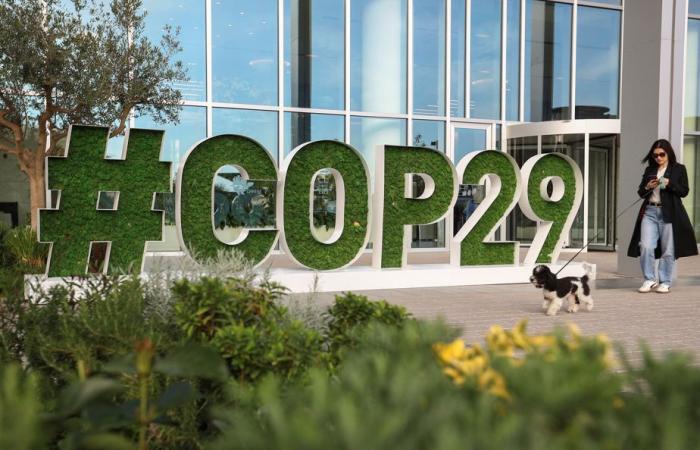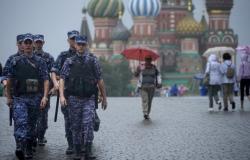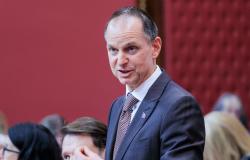The UN’s choice to hold COP29 in Azerbaijan raises an obvious question: how can an authoritarian regime, 90% of whose exports come from hydrocarbons, be a credible host in the fight for climate justice?
Published at 12:45 a.m.
Updated at 9:00 a.m.
Eloise Gagne
Master’s student in public and international affairs at the University of Montreal
Human Rights Watch, in an October 2024 report, once again denounces Azerbaijan’s disastrous human rights record. For years, this country has relentlessly repressed the media, activists and critics of its government. However, this is where COP29 will be held, starting on November 11, a summit supposed to promote international cooperation in the fight against climate change.
This choice by the United Nations (UN) poses an obvious question: how can an authoritarian regime, 90% of whose exports come from hydrocarbons, be a credible host in the fight for climate justice? Already, this economic reality raises doubts about the motivations behind this choice.
Criticism stifled
But even more alarming is the treatment reserved for dissenting voices. Environmental activists and human rights defenders are regularly arrested on spurious charges, preventing any creation of counter-power.
The April 2024 arrest of Anar Mammadli, a prominent activist, is a glaring example. His crime? Having co-founded an association to defend civil liberties and environmental justice. He now faces eight years in prison under the pretext of “smuggling”.
Azerbaijan’s restrictive media laws and peaceful protests stifle any form of criticism. Journalists live under constant threat of imprisonment or exile, leading to widespread self-censorship.
The consequences for COP29 are serious: if activists cannot express themselves freely, it compromises the very integrity of the event.
As Agnès Callamard, Secretary General of Amnesty International, pointed out, “for this forum to have a real impact, ideas and opinions must be able to circulate freely – not only those of state delegates, but also those independent civic actors who are driving climate justice and human rights, both locally and internationally.” Organizing an environmental summit in a country that silences its critics poses a major ethical question.
Repression in Azerbaijan has also increased in the run-up to COP29. According to Amnesty International, there are estimated to be more than 300 political prisoners. Their conditions of detention sometimes violate their most fundamental rights.
The COP, supposed to embody climate justice, thus finds itself at odds with its own principles. Defending the planet while ignoring human rights violations seems incongruous. By choosing hosts such as Azerbaijan, Egypt (COP27) or the United Arab Emirates (COP28), the UN is sending an ambiguous message: is the fight for the environment disconnected from that for social justice?
Several NGOs have already called for the release of political prisoners and the free participation of environmental activists at COP29. However, a few days before the event, these demands remain ignored.
A country that persecutes its citizens and represses freedom of expression cannot play a credible role in the movement for sustainable development. The choices of host countries for events of this scale are highly symbolic. By choosing authoritarian regimes, the UN compromises the very integrity of these conferences and sends a contradictory signal about international priorities.
It’s time to rethink these choices. Protecting civic space and placing human rights at the center of environmental discussions is a necessity. Establishing strict criteria for selecting future hosts while taking into account respect for fundamental freedoms would send a strong signal: we cannot protect one to the detriment of the other. It is in the plurality of voices and in the protection of spaces of freedom that the battle for the climate must be fought.
What do you think? Participate in the dialogue







